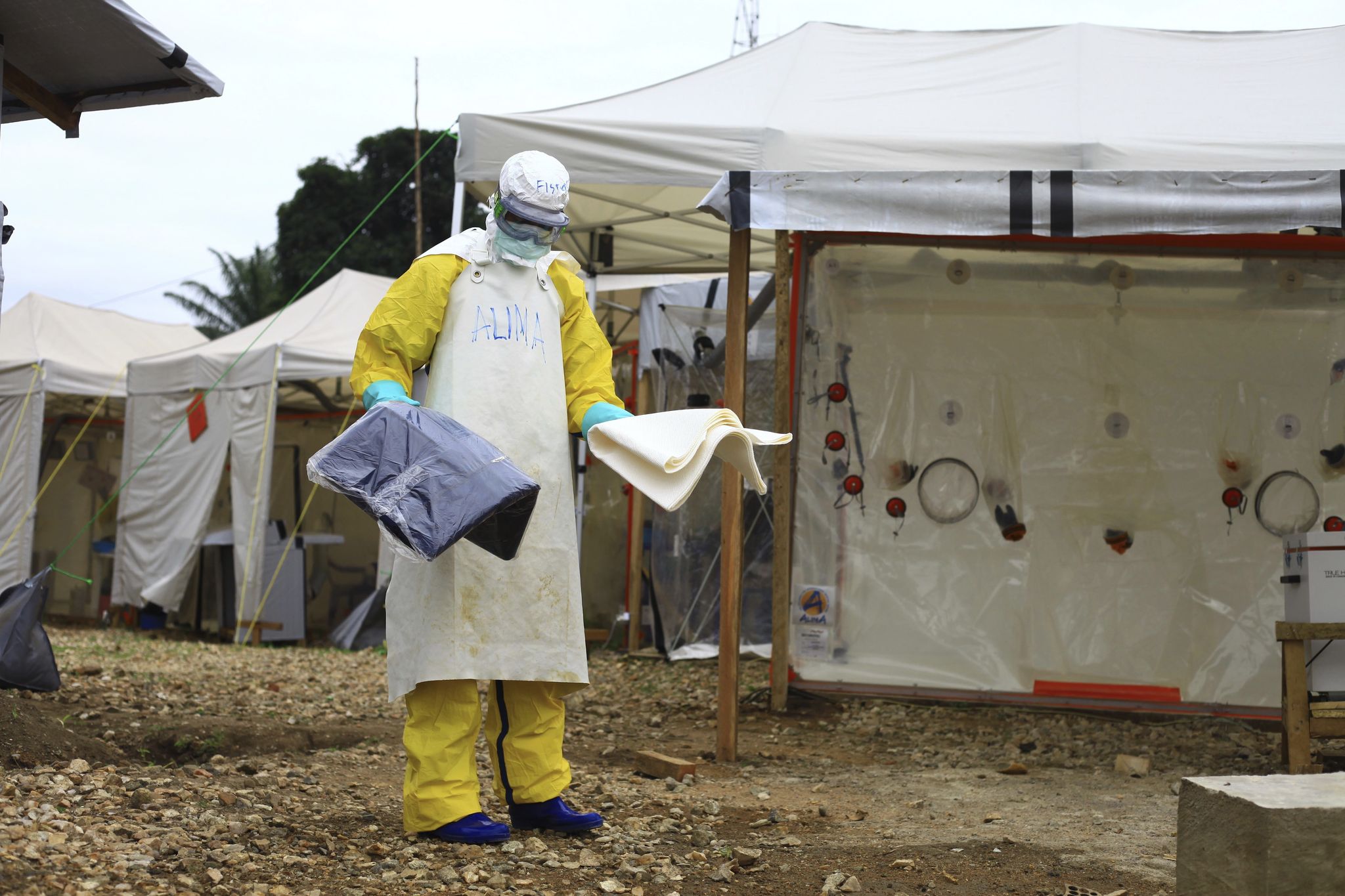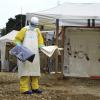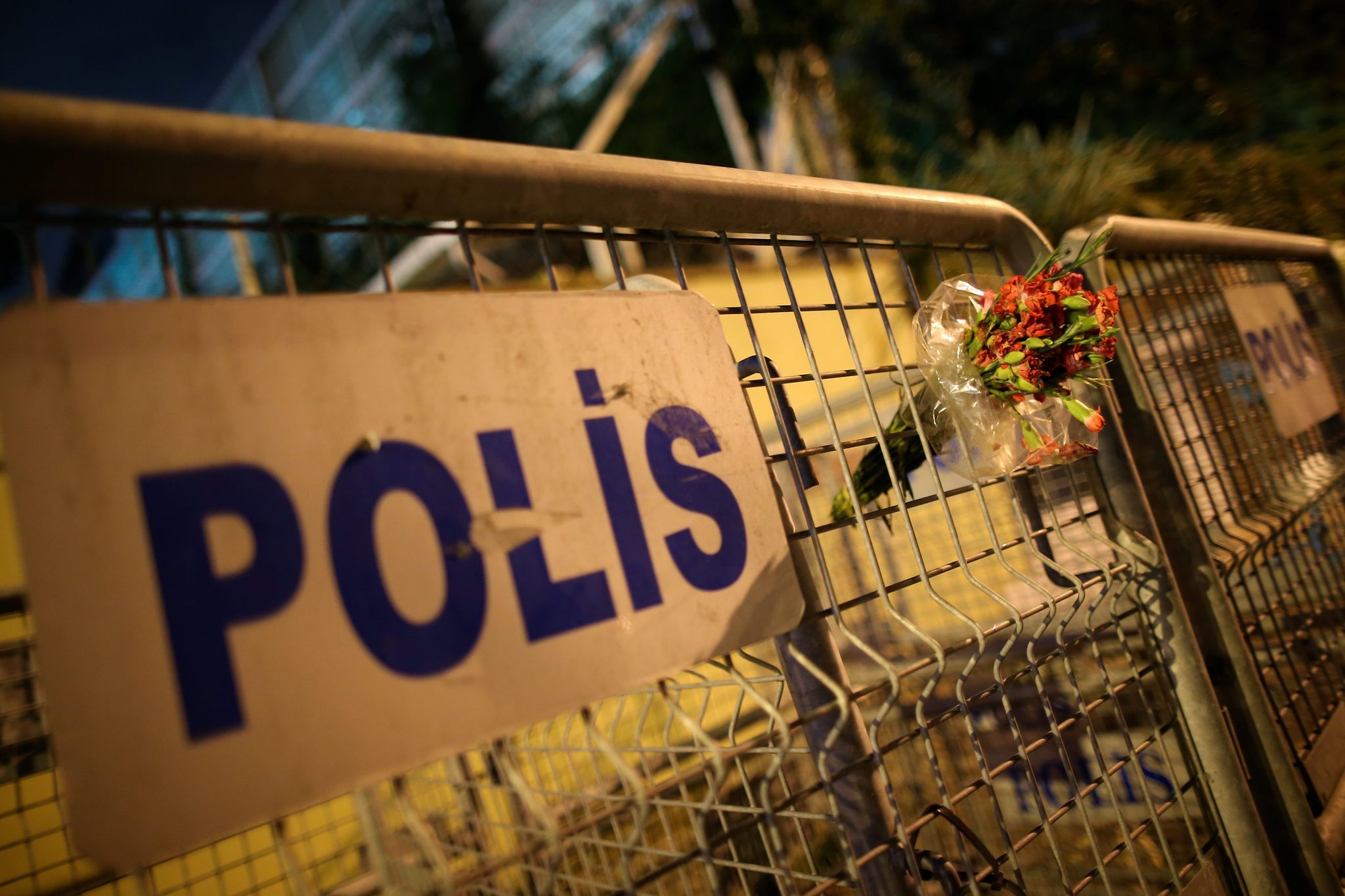
Aid groups on Monday said a rebel attack near a city in the Democratic Republic of Congo has disrupted efforts to respond to an Ebola outbreak that’s now killed 100 people.
Aid groups on Monday said a rebel attack near a city in the Democratic Republic of Congo has disrupted efforts to respond to an Ebola outbreak that’s now killed 100 people.
The violence near Beni, in North Kivu province, forced World Health Organization responders into “lockdown, unable to move because of security concerns following violence by armed rebel groups over the weekend when many civilians were killed,” WHO’s emergencies director, Peter Salama, said on Twitter.
The attack began Saturday afternoon, lasted several hours and resulted in the death of 18 people, including 14 civilians, according to the BBC.
The Norwegian Refugee Council and other aid groups suspended their field activities, including vaccination, due to the violence.
“It’s a worst-case scenario for any aid group to have to suspend relief work that helps communities in need,” NRC area manager Stephen Lamin said. “But this weekend’s attack on Beni town has left us in an impossible position.”
The NRC said the suspension reflects an “increasingly worrisome security situation” in the country, since food aid will also be disrupted.
“The recent attack has made the situation even worse as families have had to flee from their homes with nothing but the clothes on their backs,” Mr. Lamin said. “Donor countries must open their purse strings as rapidly as possible to help stem a humanitarian situation that is quickly getting out of control.”
The Ebola outbreak in the region has resulted in nearly 150 cases and had been linked to 100 deaths as of Saturday, Dr. Salama said in a series of Twitter posts Monday.
The outbreak is the country’s 10th since Ebola was discovered in the 1970s and second this year. A previous outbreak in a remote part of northwestern part of the country near the Congo River was stamped out after a massive response, yet the ongoing outbreak was discovered about a week later, in early August.
For weeks, the WHO and other responders have openly worried about insecurity in North Kivu — a mineral-rich part of DRC riven by decades of conflict between government forces and militant groups that have multiplied or splintered over the past two decades.
As a result of the unrest, the population in Ebola-affected towns are highly migratory, sparking fears that deadly virus could spread further or spill into neighboring Uganda.
Dr. Salama said an infected person, who evaded response teams and refused care, introduced the disease into a previously unaffected area near the Ugandan border. WHO sent a response team to the area on Sunday.






